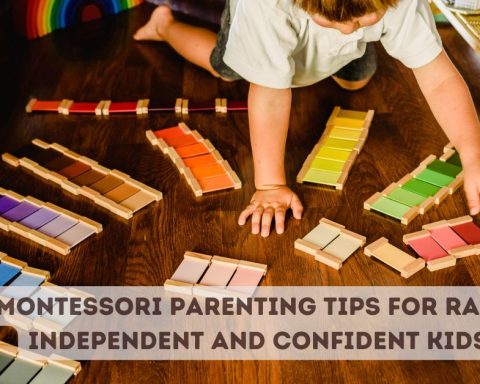Tiger parenting refers to parenting strategies that are strict, harsh, and demanding. Parents push their children to be successful using authoritarian parenting methods without considering their impact on the children’s social, physical, and emotional life.
Tiger parents are totally dissatisfied with anything less than perfection and wish to see their children have successful careers in the future.
According to studies, the main focus of tiger parenting is the academic field, but parents also fixate on awards and prizes that improve their children’s placement in society. Consequently, parents tend to put a lot of pressure on their children to attain high academic rankings and activity awards.
Also, read on this website
- What is Authoritarian Parenting?
- What is Authoritative Parenting?
- Which Type of Parenting is Most Effective in Adolescence?
Negative Effects of Tiger Parenting
According to parenting experts, children raised by tiger parents suffer from chronic social and psychological stress as they are pushed to perform beyond their own capabilities. Children are also prone to develop anxiety and depression because of the fear of not meeting their parents’ expectations. Moreover, children often don’t become as self-reliant as expected and are aggressive toward others.
In addition, children raised by tiger parents suffer from low-esteem and low self-worth because they are forced to do what their parents want instead of following their own interests. They also have the highest rate of suicide and suicide attempts. This could be a result of the parents having too much psychological control over their children.
In serious cases, the extreme pressure and strict control that tiger parents exert on their children could qualify as child abuse. Parents are therefore advised to practice restraint and to support their children’s endeavors.
Benefits of Tiger Parenting
Tiger parenting produces exceptionally good performers, especially in academic sectors. Hence, the children tend to become excellent professionals in the future. Children of tiger parents are also highly productive in other areas, such as sports and music, because their parents pushed them to be successful. Children of tiger parents are also very competitive in the top fields of most countries because of the preparation provided by their parents.
Conclusion
Tiger parents may be more insecure about the future of their children than other parents. As a result, they put their children’s lives and characters in jeopardy and deny children their sense of self-esteem and purpose. For example, if a child is pushed into studying law against his or her wishes, the parents risk putting the child’s life in danger as well as wasting time and money.
The results of some studies highlight the negative side rather than the positive side of tiger parenting. Pushing children too hard does not work in most cases. Parents are advised to be less stringent and more accommodating of their children’s career choices.
References
Zhang, Chun. “Challenging the Tiger Mother Stereotype? Christian Chinese Immigrant Homeschooling Mothers’ Parenting Practices.” (2015). Retrieved from https://conservancy.umn.edu








